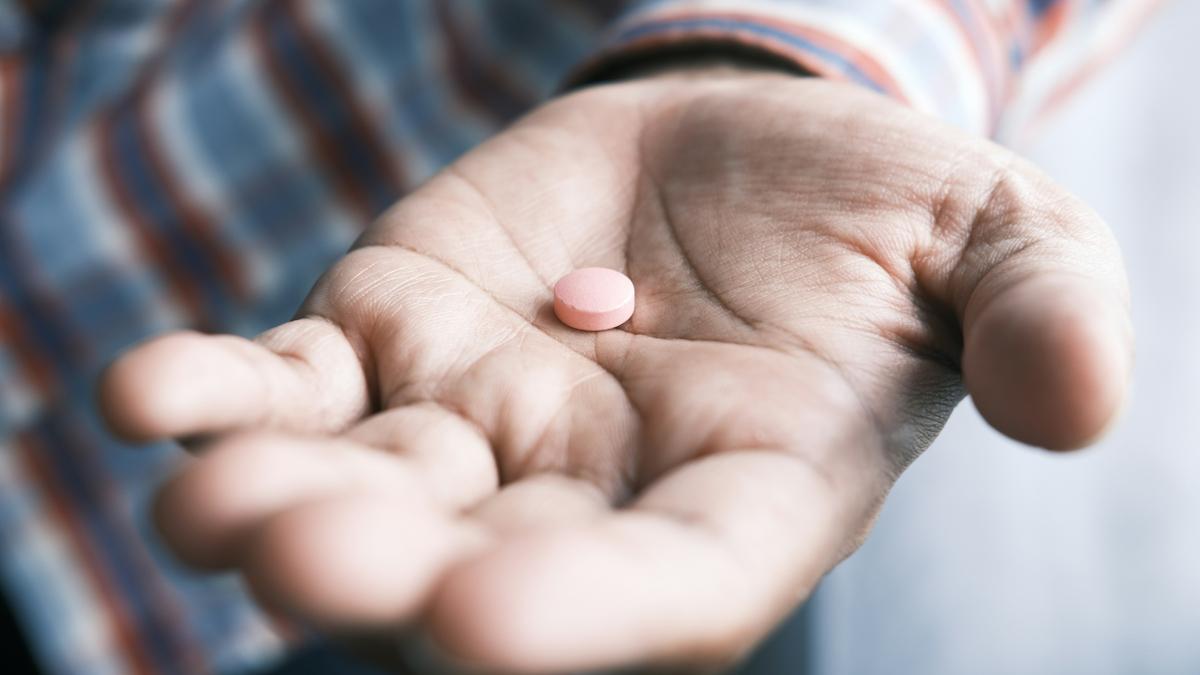FDA approves first generics of anticoagulant Xarelto

The FDA has approved the first generic versions of Johnson & Johnson's big-selling anticoagulant Xarelto, which brought in nearly $2.4 billion in US sales last year.
The US regulator has cleared 2.5mg tablet formulations of rivaroxaban – the active ingredient in Xarelto – from Sun Pharma subsidiary Taro Pharmaceuticals and Lupin, according to the Orange Book, which lists FDA-approved generic and brand name drugs.
In a statement, the FDA said it had approved the generics to reduce the risk of major cardiovascular events in adult patients with coronary artery disease (CAD) and to reduce the risk of major thrombotic vascular events in adult patients with peripheral artery disease (PAD), including patients who have recently undergone a lower extremity revascularisation procedure due to symptomatic PAD.
J&J – which jointly developed Xarelto with Bayer – has US commercial rights to the drug and sells it as 2.5mg, as well as 10mg, 15mg, and 25mg tablets, along with a 1mg/ml oral suspension formulation.
The brand-name drug has been approved for a broader swathe of indications, including the treatment of non-valvular atrial fibrillation (AF) and recurrent blood clots and – according to Bayer – Xarelto 10mg, 15mg, and 20mg tablets are also protected in the US by a patent for once-daily dosing "beyond 2025."
The FDA said anticoagulants "are among the most commonly prescribed medications in the US, and Monday's approval of the first generics of rivaroxaban, 2.5mg, tablets will make a direct impact on American patients who rely on anticoagulant medications."
It's not clear exactly when the generics may become available, as the drug has some lingering protection with some sources estimating launch in May. Neither Taro nor Lupin have yet commented on their launch or pricing plans.
The lower dose of Xarelto is already facing competition in other markets, including Europe and Canada, with Bayer reporting today that ex-US sales fell 13% to €3.48 billion ($3.72 billion) last year. In Europe, the company expects to retain patent protection for the higher strengths of the drug until January 2026.
That patent has been subject to litigation and, while Bayer won the first round, the company acknowledges that it may have a fight on its hands defending the product, including efforts to circumvent it by using oral dosage forms other than tablets.
Photo by Towfiqu barbhuiya on Unsplash












